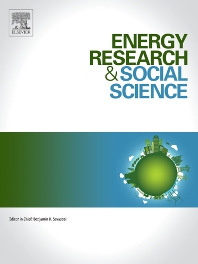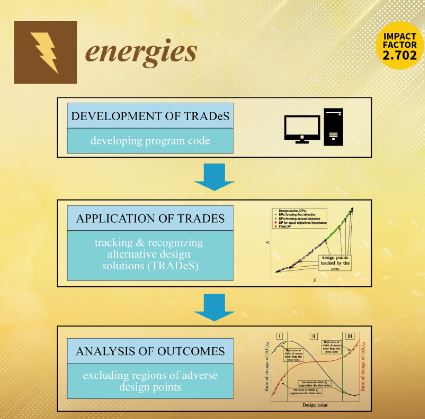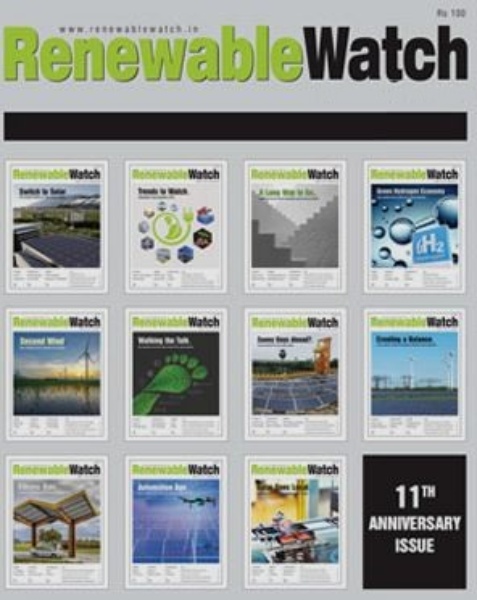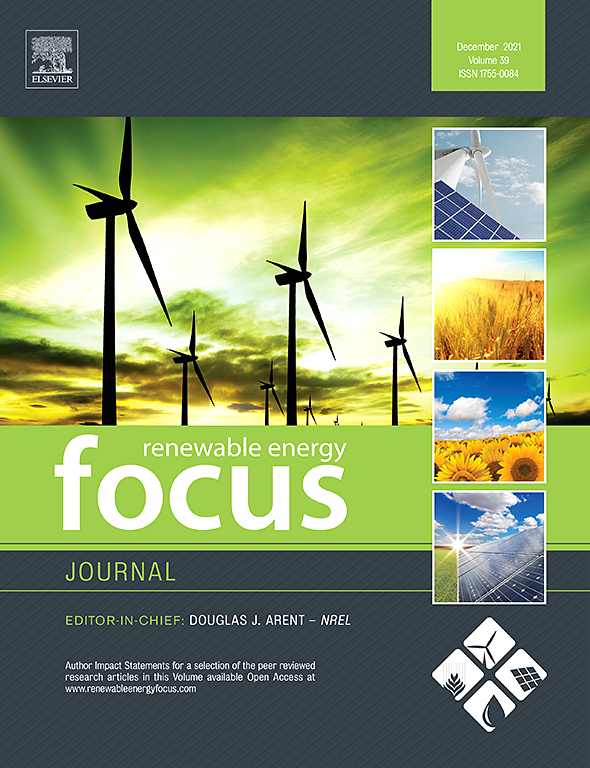Research Papers/Articles

Walking on Sunshine: Pairing Electric Vehicles with Solar Energy for Sustainable Informal Public Transport in Uganda
2022
Author(s): Booysen MJ, Abraham CJ, Rix AJ, Ndibatya I
This paper examines the impact of this inevitable evolution on a city-wide scale in Kampala, Uganda. The authors present a generic simulation environment to assess the grid impact and charging opportunities, given the unique paratransit mobility patterns.

Characterization of Supraharmonic Emission from Three Different Electric Vehicle Charging Infrastructures in Time and Frequency Domain
2022
Author(s): Streubel T, Kattmann C, Eisenmann A, Rudion K.
In this paper, the long term Supraharmonic distortion from three differently sized electric vehicle charging infrastructures is analyzed in frequency and time domain.

Communication in the e-mobility ecosystem refers to the unidirectional flow of information or bidirectional data exchange between two or more entities to ensure successful EV charging demand management and efficient integration of EVs with the grid.

Joint Optimization for Coordinated Charging Control of Commercial Electric Vehicles Under Distributed Hydrogen Energy Supply
2021
Author(s): Long T, Jia Q-S
The transition to the zero-carbon power system is underway accelerating recently. Hydrogen energy and electric vehicles (EVs) are promising solutions on the supply and demand sides.
Economic Competitiveness and Environmental Implications of Hydrogen Energy and Fuel Cell Electric Vehicles in ASEAN Countries: The Current and Future Scenarios
2021
Author(s): Li Y, Kimura S
This study asks if hydrogen-based road transport, especially FCEVs in the fleets of passenger cars, buses, and trucks, could be economically justified in the ASEAN member states. If not, what strategies to take for ASEAN member states?
The Economic Feasibility of Green Hydrogen and Fuel Cell Electric Vehicles for Road Transport in China
2022
Author(s): Li Y, Taghizadeh-Hesary F
This study examines the relationship between energy policies and the economic feasibility of hydrogen energy for road transport in China, especially focusing on hydrogen as energy storage for renewables – also known as green hydrogen.
Public Charging Infrastructure and Electric Vehicles in Norway
2022
Author(s): Schulz F, Rode J
This analysis is based on granular, annual information on the location of public charging infrastructure and the battery-electric vehicle ownership rate across 356 Norwegian LAU-2 municipalities between 2009 and 2019.
Expert Elicitation on Paths to Advance Fuel Cell Electric Vehicles
2022
Author(s): Whiston MM, Azevedo IML, Litster S, Samaras C, Whitefoot KS, Whitacre JF
While fuel cell electric vehicles (FCEVs) fueled by hydrogen produced using low-carbon processes could considerably reduce carbon emissions from transportation, FCEVs are produced at low volume, are expensive to manufacture, and lack widespread refueling infrastructure.
Contribution of China’s Online Car-hailing Services to its 2050 Carbon Target: Energy Consumption Assessment Based on the GCAM-SE Model
2022
Author(s): Wu T, Wang S, Wang L, Tang X
This paper estimates the extent to which online car-hailing services will affect China's energy consumption and carbon emissions under several scenarios.

Challenges in the Penetration of Electric Vehicles in Developing Countries with a Focus on Nepal,
2022
Author(s): Mali B, Shrestha A, Chapagain A, Bishwokarma R, Kumar P, Gonzalez-Longatt F
In this paper, various completed projects, challenges, proven policies, and infrastructure development corresponding to EVs in developed countries are meticulously studied to develop a five-factor-dependent plan to efficiently expedite the EV sector in developing countries in general.



